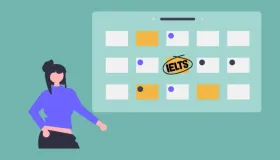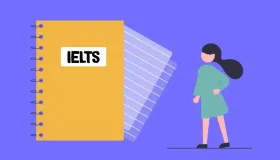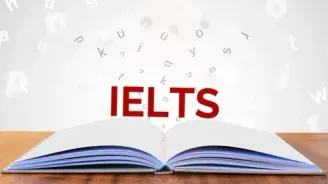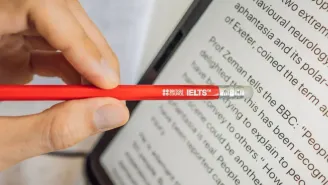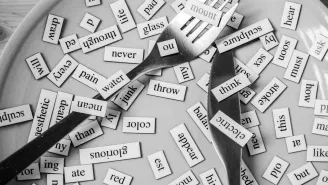IELTS Band Score Calculator
IELTS Reading Band Score Chart
Your IELTS Reading band score is based on the number of correct answers you provide in the test. The score conversion follows a standard IELTS Reading band score chart, which helps you to measure progress as you prepare and set clear goals.
How to calculate IELTS Reading score?
It is a hassle-free process to calculate reading IELTS scores, as no band descriptors are involved.
It works like this:
Note: There’s no penalty for incorrect answers, so it's always best to attempt every question.
IELTS Reading Band Score Descriptors
Each band you get in IELTS indicates a level of proficiency. While 0 means you have probably not attempted the test, 9 indicates you are a highly proficient English speaker!
Here is what each of the band scores means in the IELTS band chart.
Scoring Criteria for IELTS Reading
The IELTS Reading scoring criteria varies between IELTS Academic and General Training, as the difficulty levels of the passages differ. Let’s delve into the details of this scoring system and how you can use the following tables to reduce your raw score to your IELTS Reading band score.
Tips & Tricks To Improve Your IELTS Reading Band Score
Below are some expert tips to help you improve your overall performance in the IELTS Reading test.
- Preview the Questions: Before reading the passage, quickly go through the questions. It helps you understand what information you need to find while reading.
- Time Management: Keep an eye on the clock. Don’t spend too much time on one question, allocate 1-2 minutes per question. If you get stuck, move on to the next one and return later if you have time.
- Skim the Passage: Start by skimming the passage to get a general idea of the topic. Look at headings, subheadings, and any bold or italicised text. It helps you understand the structure.
- Highlight Keywords: When you find a question, underline or highlight keywords. Scan the passage for these keywords to locate the relevant information quickly.
- Focus on Paraphrasing: Questions may not use the exact words as the passage. Be ready for paraphrasing. If the question asks about “hobbies,” the passage may discuss “leisure activities.”
- Expand Your Vocabulary: A broad IELTS reading vocabulary aids in understanding diverse texts and identifying paraphrased information. Regularly read various materials, such as books, articles, and journals, to expose yourself to new words and phrases.
- Check Your Spelling: Make sure your answers are spelled correctly. Spelling mistakes can cost you points. If you’re unsure of a word’s spelling, use simpler synonyms.
- Review Your Answers: If time allows, go back and review your answers. Check if you’ve filled in all the blanks, and make sure your responses make sense in the passage’s context.
Click here to access the latest IELTS Reading practice test.
List of IELTS Reading Vocabulary
Expanding your vocabulary is crucial for excelling in the IELTS Reading section. A robust vocabulary enhances comprehension and enables you to grasp the nuances of various texts.
Below is a list of useful voacbulary to improve your band score for reading.



